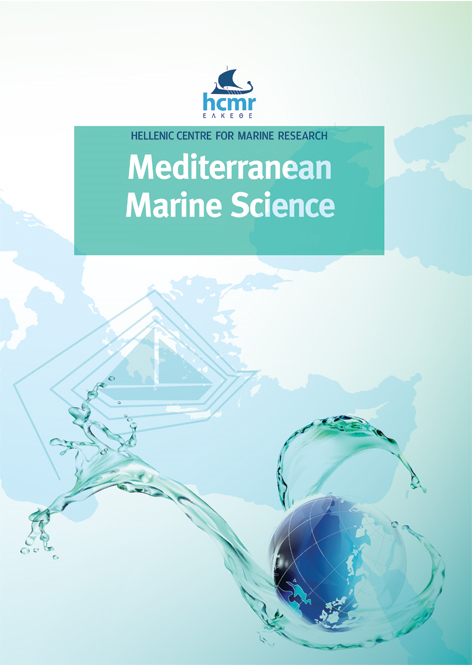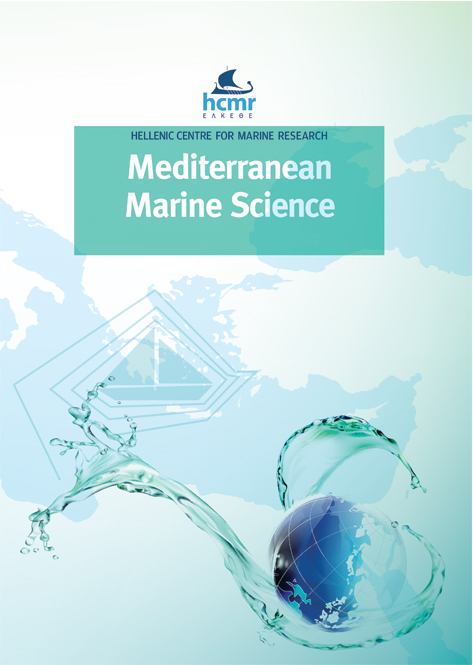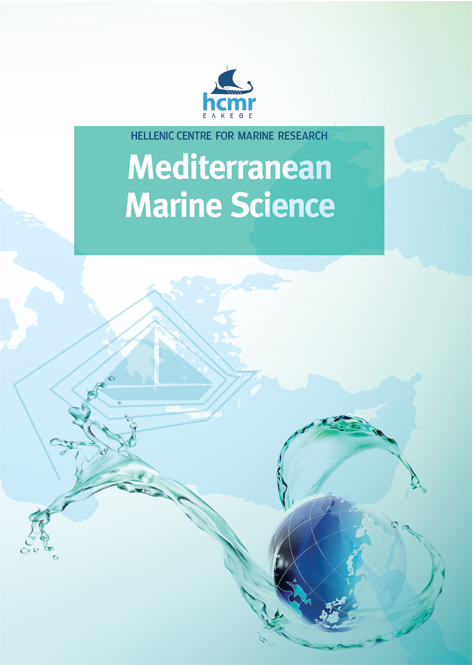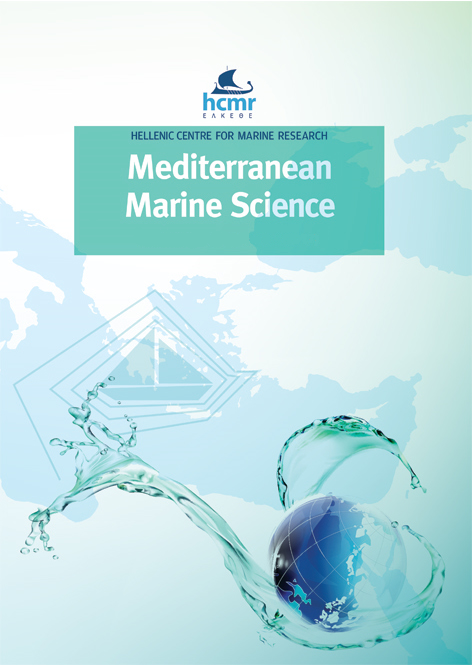Informing the general public on the threat status of the European spiny lobster, Palinurus elephas (Fabricius, 1787) through Citizen-Science and social media platforms. A case study from the Aegean Sea
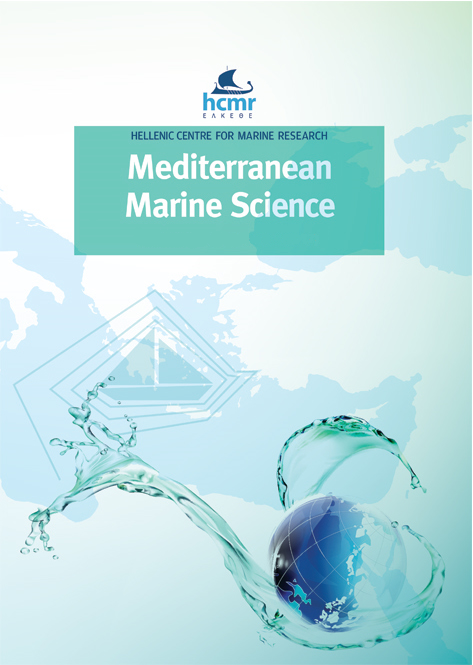
Abstract
Research known as Citizen Science (CS) has been recognized as an important tool for both biodiversity restoration and fisheries management projects through active involvement of citizens and therefore for public environmental awareness too. CS projects should be well designed and state clear questions, that will benefit both the research goals and the citizen scientists themselves. In January 2019, the “Red Fish Project” group was created on Facebook consisting of SCUBA divers and fishers and offering the main data source and the relevant digital material. The project’s establishment was based on previous personal experience and following specific protocols. Further information was provided by personal communications. Till October 21st, 2020 the FB group consisted of 464 members who recorded 348 European spiny lobster individuals from all sub-regions of the Aegean Sea. Based on the findings of the present study it seems that most of the citizens were unaware that the species is listed as “Vulnerable” in the IUCN Red List. Lastly, we discuss the important role of the spiny lobster in the country’s culture and that it can be listed as a charismatic, flagship species for citizens to be ocean-literate since it has been shown, that it can raise the interest of recreational divers and increase their awareness.
Article Details
- Zitationsvorschlag
-
KAMPOURIS, T. E., KOUTSOUBAS, D., KANELOPOULOU, K., ZANNAKI, C., & BATJAKAS, I. E. (2022). Informing the general public on the threat status of the European spiny lobster, Palinurus elephas (Fabricius, 1787) through Citizen-Science and social media platforms. A case study from the Aegean Sea. Mediterranean Marine Science, 23(2), 366–373. https://doi.org/10.12681/mms.26929
- Rubrik
- Special Issue Ocean Literacy
Authors who publish with this journal agree to the following terms:
- Authors retain copyright and grant the journal right of first publication with the work simultaneously licensed under a Creative Commons Attribution Non-Commercial License that allows others to share the work with an acknowledgement of the work's authorship and initial publication in this journal.
- Authors are able to enter into separate, additional contractual arrangements for the non-exclusive distribution of the journal's published version of the work (e.g. post it to an institutional repository or publish it in a book), with an acknowledgement of its initial publication in this journal.
- Authors are permitted and encouraged to post their work online (preferably in institutional repositories or on their website) prior to and during the submission process, as it can lead to productive exchanges, as well as earlier and greater citation of published work (See The Effect of Open Access).





